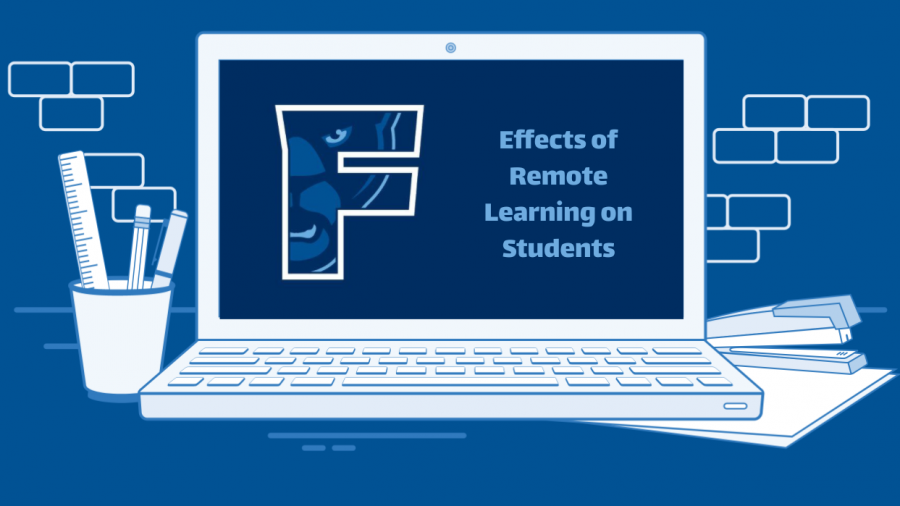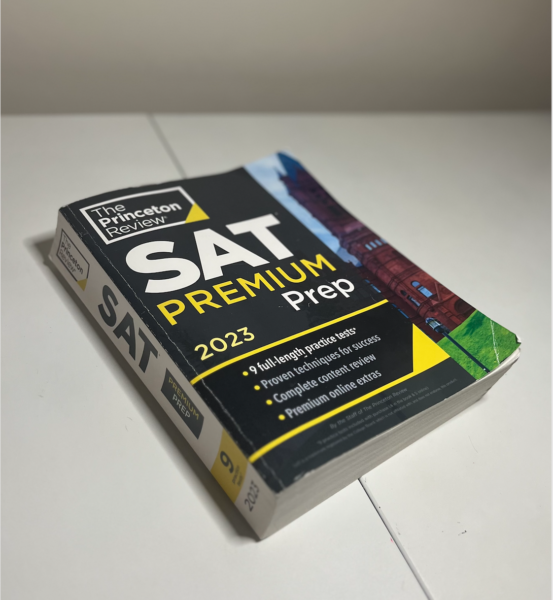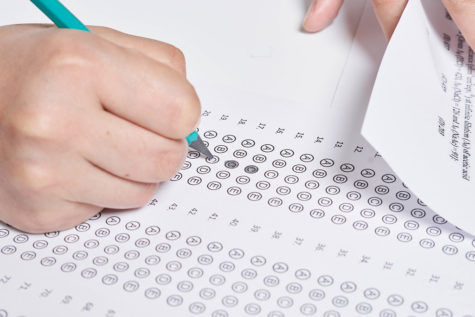The Inevitable Consequences of Remote Learning
Graphic by Siddharth Chandra, Images from Vectr and Pinterest
Remote Learning has taken quite a toll on students
As we near the one-year anniversary of when the world seemingly shut down, I want to take some time to reflect upon the toll that remote learning had on students. Although most of the effects of a virtual learning environment have been negative, it is important to not lose sight of the few positives. This school year has been like none other, and we look to share our experiences with future generations.
Lack of a “Learning Environment”
With online school it is impossible for teachers to create a “classroom”. According to many students and teachers, being in the classroom increases productivity; students feel like they are there to learn and thus, are much more focused on their work. However during online school, students are not motivated enough to pay learn. They are easily distracted by their phones, family, and other possible stressors. This leads to an increase in students not paying attention and often missing directions or lessons. One or two days of this is not catastrophic- students can make it up. However, weeks of this style of learning can have massive effects on the student. They would fall behind in class, not understand the material, and be forced to take drastic measures in order to not fail the class. These consequences are in addition to the preexisting stressors of living through a pandemic, navigating social media, and simply growing up.
Increase in Cheating
Cheating is something that we have all done at least once in our lives, whether it be to a massive extent or for a small matter. However, with online school, it is much harder for a teacher to determine if a student is cheating on an assessment. There are countless ways that a student could cheat on a test during online-school and get away with it. In the short term, it might seem like the right thing for the student’s grade. A higher GPA would pay off, right? It would make college application easier, right? Wrong. In the long-term, the student won’t retain that information for future tests. They would have a harder time being successful in college because they never applied themselves in high school or found effective study strategies; they only ever resorted to cheating. Additionally, teachers cannot get an accurate representation of how their students are performing in class, making their own work and planning much harder.
Repetition in Classes
When learning in person, there was a variety of activities that teachers could put into place for students. This offers many different ways to absorb and apply the information. In contrast though, the online setting has greatly restricted many teachers in what they can assign, resulting in an increasingly monotonous curriculum. As it became obvious that activities given in the past would not be possible in a remote setting, teachers were forced to create less interactive, and more repetitive assignments; debates turned into essays, socratic seminars turned into essays, and projects? You guessed it- essays. Granted, teachers are also struggling greatly during this time and they are no doubt trying their absolute hardest to help the students in any way they can. But, due to the unusual, stressful, and unpredictable nature of this year, it is difficult for both teachers and students to fulfill what is expected of them.
Barriers in Communication
This is the big one. The lack of interaction between students and teachers is really killing students this year and clearly has detrimental effects. To start off, the decrease in student sociability limits the idea of a “class” and negatively impacts students’ mental and emotional health. As a result, there is a reduced amount of group activities that can be done between students, which makes it harder for them to apply the information. Teachers aren’t able to make the unique connections between students that they used to be able to. Students used to feel more connected to their teachers, and each class would feel more personal for them. Now, creating those connections is much tougher; even though teachers and students are making an attempt, it’s still not the same as having conversations in person. The barrier of a screen makes it much harder to communicate effectively.
When freshman Mia Quinn was asked about this issue, she acknowledged that there were both positives and negatives:
“… A good thing about remote learning it that has taught students to manage their time better with the more freedom, and also helped us gain more independence. But, it prevents students from having class discussions and social interactions, which is pretty significant when learning different topics in school because it helps retain the information more.”
To wrap all of this up, remote learning was never meant to last this long. It was supposed to be temporary fix and the flaws are now showing. While all we can hope for is that life will go back to normal as soon as possible, we have to find new ways to adjust to online school and make it as effective as in-person. As I like to think of it, Prepare for the worst, hope for the best.











